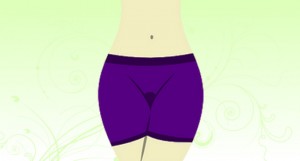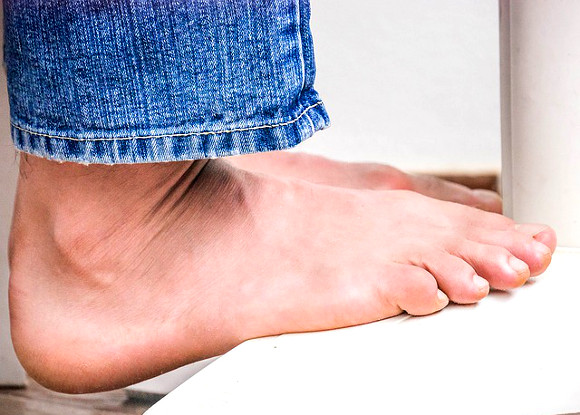Important! If you recognize some of the symptoms below and you think that ou have cystitis, consult your doctor immediately.
What is cystitis?
Cystitis is the inflammation of the bladder. In most cases this inflammation (cystitis) is caused by bacterial infection and is considered an infection of the urinary tract.
Infection of the bladder can become a serious problem if it spreads to the kidneys.
This irritating problem usually occurs in women, and is treated with antibiotics. Approximately 20-40% of women get cystitis during their lifetime.

Symptoms of cystitis
Some of the symptoms that can suggest cystitis are:
– Frequent and strong need to urinate;
– Frequent urination of small amounts of urine;
– Burning sensation during urination;
– Blood in urine;
– Blurred urine with a strong odor;
– Pressure in the lower abdomen.
– If you have these unpleasant symptoms, you should immediately consult a physician.
What causes cystitis?
Bacteria. Urinary tract infections occur when bacteria reaches the urethra and begin to multiply. Cystitis may occur as a result of sexual intercourse, during which bacteria may enter the urethra. In most cases cystitis is caused by the bacteria Escherichia coli.
Although bacteria is the most common reason for the appearance of cystitis, there are other factors that can lead to the unpleasant cystitis:
Drugs. Certain medications (especially drugs used for chemotherapy) can cause inflammation of the bladder.
Use of a catheter. Long-term use of catheter can lead to inflammation.
Greater sensitivity to chemicals. Some people are sensitive to the chemicals, that can be found in the intimate care products, so this could be reflected as an inflammation too.
Other diseases. Cystitis can be caused by other diseases such as lupus (Systemic lupus erythematosus – SLE), tuberculosis, Crohn’s disease etc.
Treatment of cystitis and advice
Cystitis is usually treated with antibiotics. What kind of antibiotic should the person receive depends on the complete health status and whether the patient is allergic to certain antibiotics. Usually symptoms disappear after 3 days of taking the antibiotics.
To reduce the discomfort of the unpleasant symptoms, you can follow the following tips:
1. Hot bag. Sometimes if you set a hot bag on the lower abdomen, it can reduce the pressure and the pain on the bladder.
2. Many liquids. Drink plenty of fluids but avoid coffee, alcohol and soft drinks containing caffeine and citrus juice, until the symptoms disappear.
3. Take Vitamin C. Consume any foods that contain vitamin C.
4. Do not eat salty and spicy foods. While the symptoms of cystitis are present, you should not eat any spicy and salty food.
Prevention for cystitis
You can take some measures to protect yourself against cystitis:
1. Drink plenty of fluids, especially water. For your complete health it is very important to take enough fluids. Besides water, consume juices too. Cranberry juice has the capacity to fight urinal infections.
2. Urinate often. If you feel the need to urinate, do not ignore it and immediately visit the toilet.
3. Wipe from front to back. Wipe with toilet paper from the front to the backwards, to prevent transmission of bacteria.
4. Avoid lying in the tub. It’s really relaxing lying in the tub, but if you’re prone to infections, you should avoid it.
5. Do not use sprays and other products for intimate hygiene. These products can irritate the bladder and the lining of the urinary tract.



